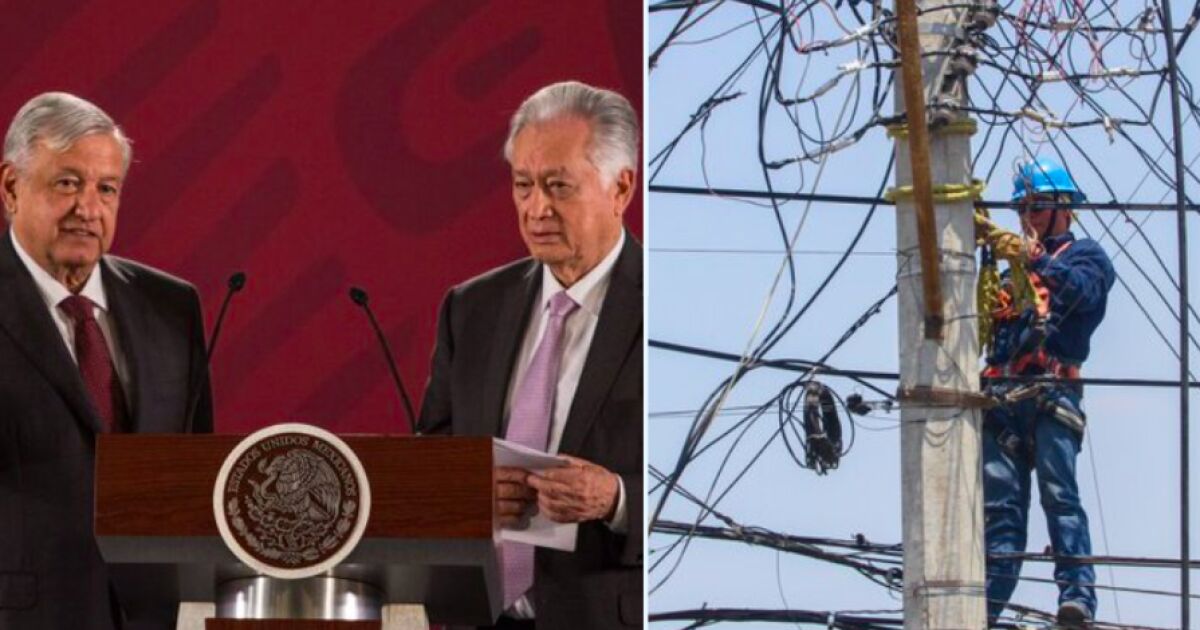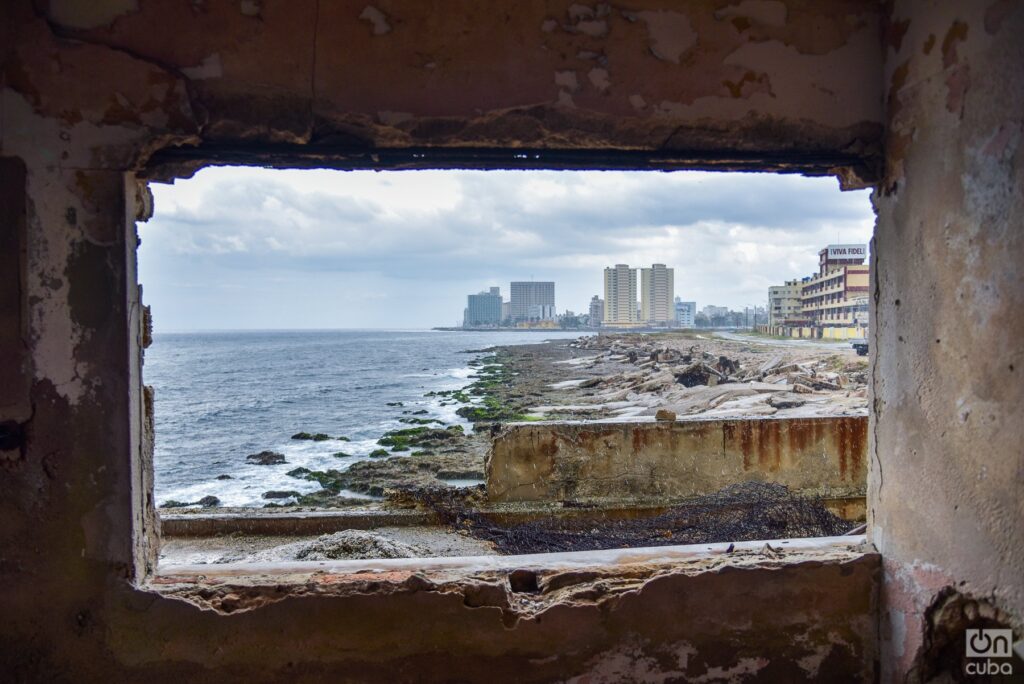In short, the opinion maintains the proposal for state control of the market, the cancellation of the electricity generation permits granted and the electricity purchase and sale contracts with the private sector, as well as the change in the electricity dispatch model.
This Sunday the vote is ready, in the plenary session of the Chamber of Deputies, of the opinion of the electrical reform, which accepted in its terms the initiative of President Andrés Manuel López Obrador, only with some modifications.
Among them, those carried out by the majority of Morena and its allies during the dictation, last Monday within the United Commissions of Energy and Constitutional Points, where the document underwent modifications but none of substance.
Changes maintain state control of the market
The reform package consists of modifications and additions to articles 4, 25, 27 and 28 of the Constitution, so they can only prosper with a qualified majority of 334 votes of the deputies present at the time of voting.
Morena, the Labor Party and the Green Party (PVEM) only add up to 277, hence they need 57 more deputies, so they seek the votes of the Institutional Revolutionary Party (PRI), whose bench has 71 members.
In order to attract them, Morena announced the acceptance of 9 of 12 opposition proposals from the Alliance for Mexico, which includes parliamentary groups from National Action (PAN), PRI and the Democratic Revolution (PRD).
But according to the opposition deputies, the supposed acceptance of part of their proposals, presented on April 4 as an alternative proposal for electricity reform, did not modify the “nationalization” that Morena promotes of the electricity industry, nor did it offer guarantees that they will privilege clean and cheap energies.
And yes, the opinion maintains a wording by which the Federal Electricity Commission (CFE) preserves control over the market, by leaving the distribution of electricity exclusively, and insisting that it must correspond to the generation of at least 54% of the country’s electrical energy and restricting private participation to a maximum of 46%.
















